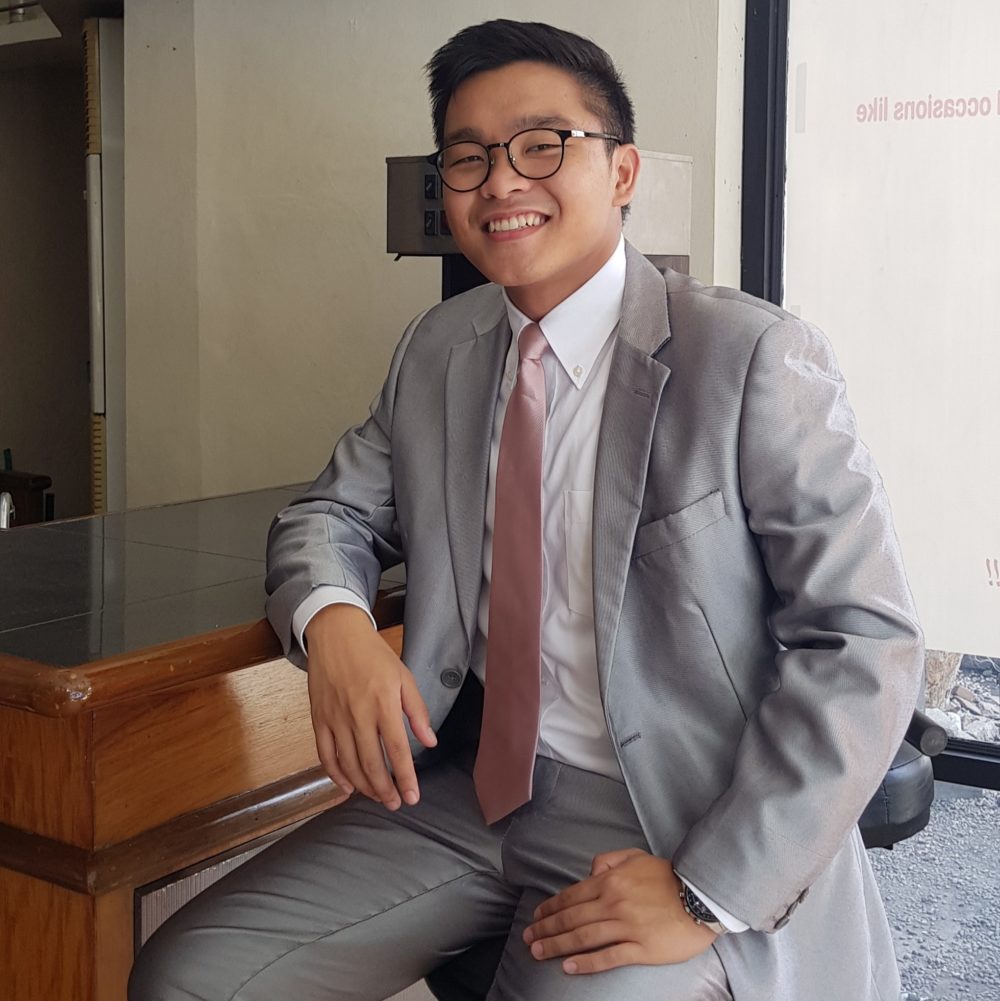Polio (also called poliomyelitis or infantile paralysis) was a disease the Philippines declared itself rid of at the start of the millennium. But 19 years later, the disease has reemerged.
And now we join the three other countries in the world where polio is endemic (Pakistan, Nigeria, and Afghanistan).
How did we get here?
The first case in 19 years was found in Lanao del Sur on September 14 of this year. The second case was found in the province of Laguna five days after the first. The Department of Health has also confirmed that the sewage waters of Davao and Manila tested positive for the presence of the poliovirus upon their regular environmental surveillance.
The decrease in immunization rates seen in the country has played a big role in outbreaks like this one. The same thing has been observed in the recent measles outbreak. With the recent Dengvaxia scare, parents have been more hesitant to vaccinate their kids.
But as parents, it is important to be able to see through the controversy and find the truth of the matter. The controversy surrounding one vaccine should not cast doubt on the effectiveness of another vaccine that has prevented millions upon millions of lives from disability and death.
With this, the Department of Health is currently planning two rounds of vaccination aimed at children under five years of age in the National Capital Region and affected areas in Mindanao.
What is it?
Polio is caused by the poliovirus and is usually passed around through fecal-oral or oral-oral transmission. The virus is expelled by people through their feces, which may contaminate food or water and spread the infection.
Symptoms can appear similar to most viral infections: fever, headache, stiff neck. But sudden weakness or paralysis of legs or arms are symptoms that you should definitely look out for.
Polio can cause permanent paralysis, usually of the legs, leading to muscle loss and eventual deformity. At its worst, infection from the poliovirus is fatal due to paralysis of the muscles necessary for breathing.
There is no cure for polio.
It is a debilitating disease with repercussions that can echo throughout a person’s life.
This is why it is important to remember that polio can be prevented by vaccinating your children.
What can you do about it?
Vaccinate your kids and make sure you’re also up to date with all your vaccinations. By being vaccinated, you contribute to the phenomenon of herd immunity. Simply put, herd immunity is a kind of immunity conferred to individuals who have not been vaccinated against a certain disease, when a large enough percentage of the population is made immune to it.
It is important to note that there are people (albeit very few), who, for whatever reason, may not be vaccinated yet (like a newborn baby or a person with an immune system disease). It is these people who are most at risk of diseases like polio or measles who rely on the benefits of herd immunity the most.
But for herd immunity to work, 80% to 85% of the population must at least be vaccinated against polio (more contagious diseases like measles need 90% to 95% to be vaccinated).
This means that we all have an important responsibility to play, not only when it comes to the health of our children, but also to the health of all members of society.
Now, because of the way the poliovirus spreads, it is important to observe proper hygiene practices. Observe proper handwashing and toilet hygiene in the household and when going out.
Make sure that the water you drink is always clean, either through boiling or ensuring you purchase your drinking water from a trusted water distiller. Make sure also that the food you eat is cooked thoroughly and that the food is handled properly.
It is important to remember that though these things are disconcerting, they are also preventable and actionable. There are solutions for these problems and there are ways by which we can take a proactive stand against them. The Philippines has solved the problem of polio once before; we can do so again.

John Renzo A. Arceta is a graduate of Health Sciences from the Ateneo de Manila University. He is currently getting his medical degree and MBA at the Ateneo School of Medicine and Public Health while working as a Research Associate at DevHealth Management Consulting Services. His interests include the medical sciences, public health, health financing, and climate action (and the occasional funny cat video).




